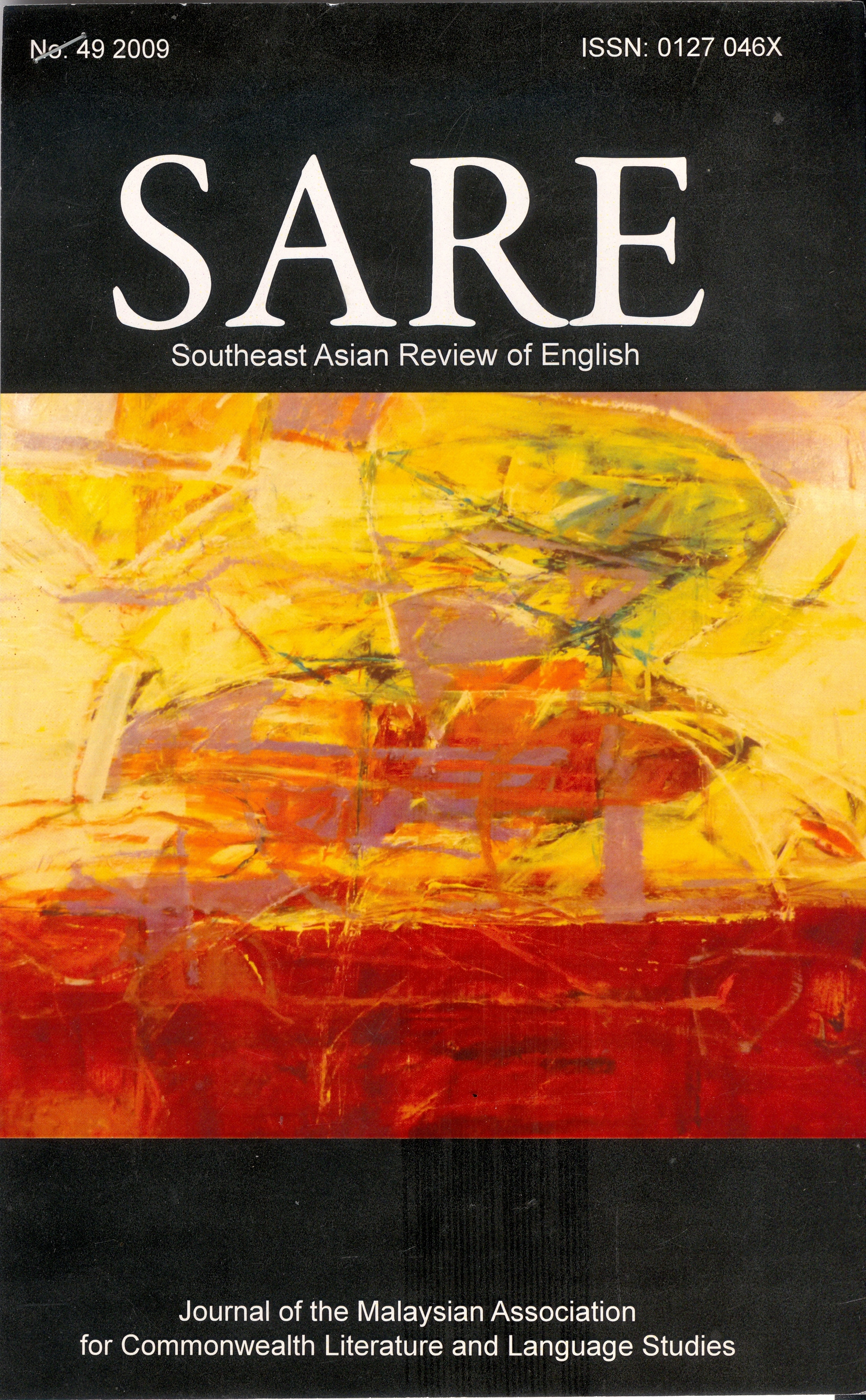Book Details Title: The Complete Short Stories of W. Somerset Maugham, Vol. I Author: (6 of 17 for author by title) → ← Published: 1951 Publisher: William Heinemann Ltd Tags:,, Description: This is the first of three volumes of my collected short stories.
In my early youth I wrote a number, but they are so immature that I have preferred not to reprint them. A few are in a book that has long remained out of print, a few others are scattered in various magazines. They are best forgotten. The first of the stories in this collection, Rain, was written in 1920 in Hong Kong, but I had hit upon the idea for it during a journey I took in the South Seas during the winter of 1916. The last of my stories was written in New York in 1945 from a brief note that I found by chance among my papers and which I made as far back as 1901.
Three 'Lost Stories' of W. Somerset Maugham Article (PDF Available) in English Literature in Transition 1880-1920 57(1):3-15 January 2014 with 3,645 Reads Cite this publication. Adobe master collection 2017 download. Somerset Maugham (1874 – 1965) was a British playwright, novelist and short story writer. Contributing to magazines and periodicals; initially these were short stories, but he also. Create a book Download as PDF Printable version.
I do not expect ever to write another. —From the Preface [Suggest a different description.]. Maugham's masterpiece is generally agreed to be Of Human Bondage, a semiautobiographical novel that deals with the life of the main character Philip Carey, who, like Maugham, was orphaned, and brought up by his pious uncle. Philip's clubfoot causes him endless self-consciousness and embarrassment, echoing Maugham's struggles with his stutter and, as his biographer Ted Morgan notes, his homosexuality.

Two of his later novels were based on historical people: The Moon and Sixpence is about the life of Paul Gauguin; and Cakes and Ale contains what were taken as thinly veiled and unflattering characterizations of the authors Thomas Hardy (who had died two years previously) and Hugh Walpole. Keyboard yamaha style free download. Maugham himself denied any intention of doing this in a long letter to Walpole: 'I certainly never intended Alroy Kear to be a portrait of you.
He is made up of a dozen people and the greater part of him is myself'—yet in an introduction written for the 1950 Modern Library edition of the work, he plainly states that Walpole was the inspiration for Kear (while denying that Thomas Hardy was the inspiration for the novelist Driffield). Maugham's last major novel, The Razor's Edge (1944), was a departure for him in many ways.
While much of the novel takes place in Europe, its main characters are American, not British. The protagonist is a disillusioned veteran of the First World War who abandons his wealthy friends and lifestyle, traveling to India seeking enlightenment. The story's themes of Eastern mysticism and war-weariness struck a chord with readers during the Second World War. It was adapted into a major motion picture released in 1946, then again in 1984 starring Bill Murray.